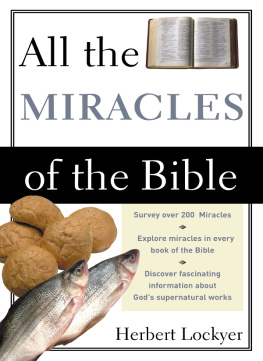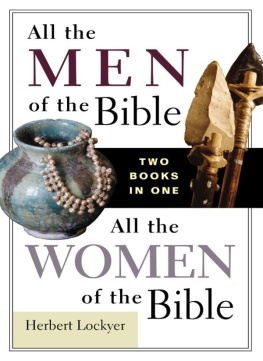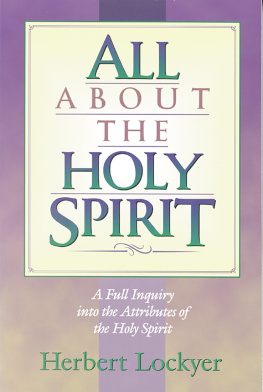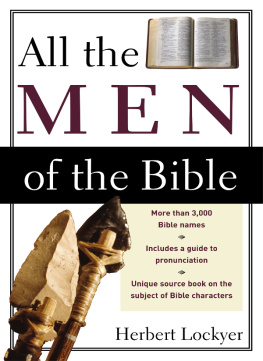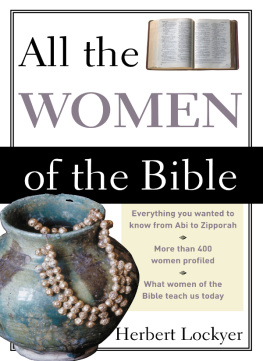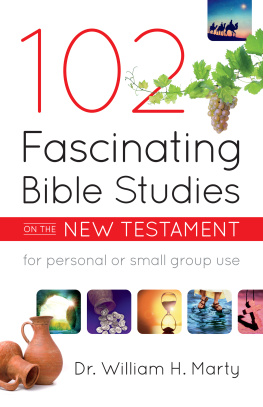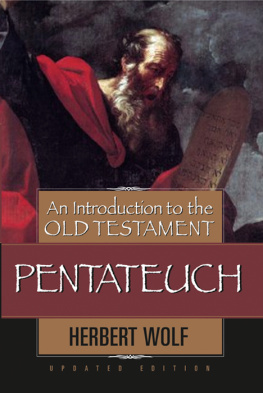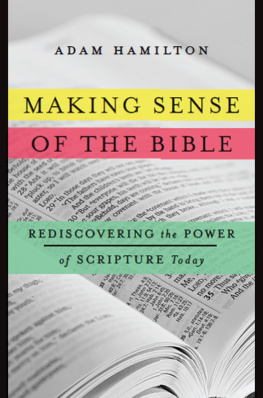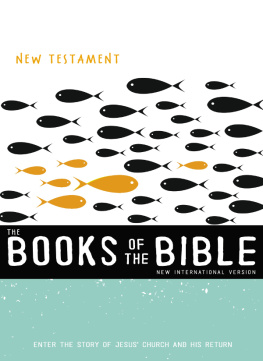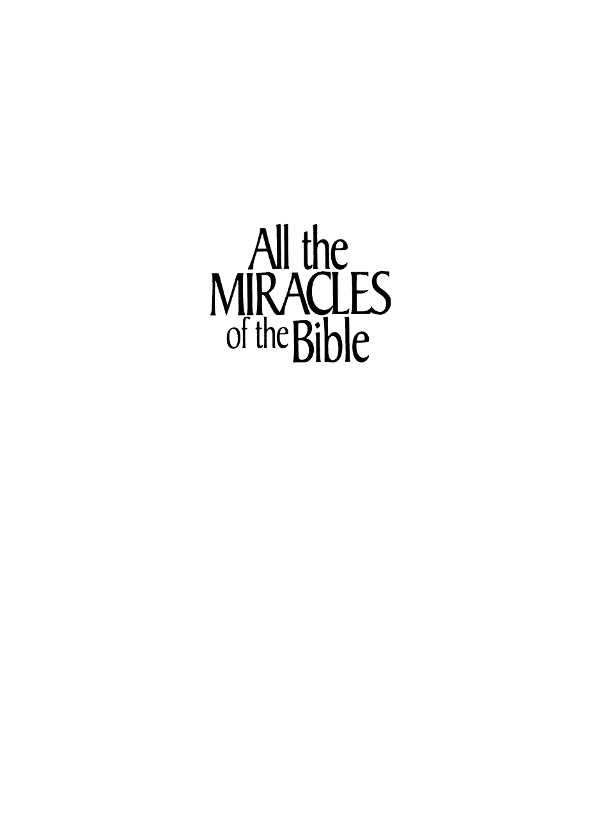Dr. Herbert Lockyer was born in London in 1886 and held pastorates in Scotland and England for twenty-five years before coming to the United States in 1935.
In 1937 he received the honorary Doctor of Divinity degree from Northwestern Evangelical Seminary.
In 1955 he returned to England where he lived for many years. He then returned to the United States where he continued to devote time to the writing ministry until his death in November of 1984.
Because of the greatness and magnificence of the Bible, there are many ways by which we can approach it, and in our quest for truth we should guard ourselves against becoming slaves of any one method of study.
What a prodigal variety of themes the Bible presents for our prayerful and patient meditation, some of which belong on an exceptional level, as Dr. A. T. Pierson reminds us! They stand out by themselves in a separate group. They remind us of mountain peaks which, however separate, are parts of one range, by their very altitude and solitariness attracting special notice.
Is such an observation not true of the miracles of the Bible, which go to make it the most fascinating, authentic record in the world? While the border line between the natural and supernatural may, in some manifestations, be so thin that a perfectly complete list of miracles would depend on ones definition of a miracle, we have a galaxy easily distinguishable as miraculous.
Among Scripture prominencies are three that deserve special treatment, namely, the miracles, the parables, and the discourses. In some cases these are closely related.
The miracles provide us with a special exhibition of super-natural power.
The parables contain divine illustrations of truth.
The discourses reveal the continuous development of truth.
Before entering the rewarding study of the individual miracles of the Bible, it may be found profitable to consider several features of miracles themselves.
1. The Definition of the Term Miracle
What is a miracle? A miracle has been defined as a work wrought by a divine power for a divine purpose by means beyond the reach of man. The general idea is that it is something wonderful or unusualan event, experience, or discovery so singular and strange as to awaken in one the feeling of awe. Phenomena in nature and events in history are labelled miracle. If a friend escapes death in a car accident, we are apt to say, It was a miracle that he was not killed. The ordinary course of nature is referred to as a miracle. Augustus expresses the thought, The daily miracle of God has grown cheap by repetition. But the nature of Christian miracles presents essential features the common use of the word ignores. Professor T. H. Huxley well expressed the need of a previous definition when he wrote, The first step in this, as in all other discussions, is to come to a clear understanding as to the meaning of the term employed. Argumentation whether miracles are possible, and if possible, credible, is mere beating the air until the arguers have agreed what they mean by the word miracle.
Websters definition of a miracle is clear and conciseAn event or effect in the physical world deviating from the known laws of nature, or transcending our knowledge of these laws; an extra-ordinary, anomalous, or abnormal event brought about by super-human agency.
Wm. Taylor defines a miracle as, A work out of the usual sequence of secondary causes and effects which cannot be accounted for by the ordinary operation of those causes, and which is produced by the agency of God through the instrumentality of one who claims to be his representative, and in attestation of the message which he brings.
The Bible describes its miracles in its own way and from its own points of view. As W. D. Thomson says, Being exclusively a religious book, the Bible does not set itself to define miracles from the standpoint of nature or science, but from the standpoint of the moral source, the moral power, the moral aim, and the moral effect which they represented.... In outlining its definition of these miracles, the Bible wisely selects its terms from a supreme and sole regard to religious and moral considerations; thus simply remaining silent as to all questions bearing on the relations of the miraculous to the internal arrangements, forces, and laws of nature.
The term miracle then, from the Biblical standpoint, is used to describe the wonderful phenomena accompanying the Jewish and Christian revelations, especially at critical moments. The Biblical conception of a miracle is that of some extraordinary work of deity transcending the ordinary powers of nature and wrought in connection with the ends of revelation.
Bible miracles often display the reversal of natures course. They form an effect contrary to the established constitution and course of things. Many of the miracles are a sensible deviation from the known laws of nature, proving that God is not only the Maker of all these laws, but also their Sovereign, and consequently He is able to deal with them as He deems fit. Having created what we call nature, He has the power to control and change it, suspend or direct its laws for a season, according to His holy will, which is ever good and just.
One of the difficulties voiced by modernism as to the possibility of miracles is that the laws of nature are self-existent and uncaused and that there cannot be any deviation from them. But if these laws were designed by a Supreme Will, surely this Will has the power to introduce or interpose a new agency into them? In Bible miracles, original laws are not suspended, violated, or modified in any way, but a supernatural power outside of nature intervenes with a new effect. As David Hume, the Scottish philosopher, puts it, A miracle is not a violation of the laws of nature but the introduction of a new agent. Disturbance entered the world by sin, as nature visibly attests, and God must needs miraculously interfere to nullify that disturbance. That is what He did in many of the miracles the Bible records.

